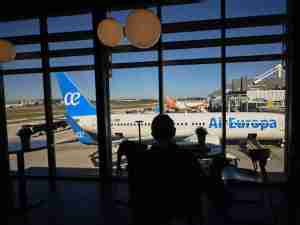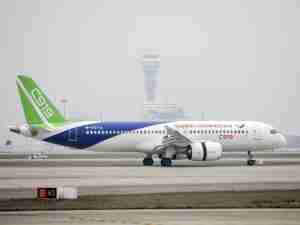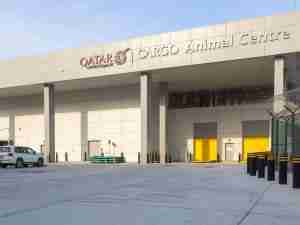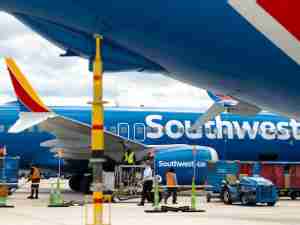By Peter A. Buxbaum, AJOT
The air cargo industry provided a mixed reaction to the first significant changes to air cargo security rules since 1999. The Transportation Security Administration announced its Air Cargo Final Rule in mid-May.
The agency announcement characterized the new security requirements as representing, 'a joint government-industry vision.' However, industry representatives who analyzed the new rule pointed put that requirements for air cargo carriers remained largely the same, while the rule imposes significant new burdens on air forwarding companies.
The TSA recognized that the Air Cargo Final Rule makes permanent some practices already in place and adds others. Major new security measures include extending secure areas of airports to include ramps and cargo facilities and requiring the employees of more than 4,000 freight forwarders to attend enhanced security training courses developed by TSA.
In addition, the regulation will mandate consolidation of some 4,000 private industry known shipper lists into one central database managed by TSA. 'This will allow TSA to have more visibility into the activities of companies shipping on passenger aircraft and permit more in-depth vetting of known shippers,' the agency announcement said. The rule also requires full criminal history background checks of approximately 51,000 off-airport freight forwarder employees.
The TSA estimates that 50,000 tons of air cargo are transported aboard passenger and all-cargo aircraft in the United States each day.
The National Air Transportation Association (NATA) praised the TSA's new air cargo rule for recognizing the unique aspects of on-demand all-cargo carriers. 'By working with NATA to understand better the uniqueness of the on-demand air transportation industry,' NATA President James K. Coyne said, 'the TSA has issued regulations that recognize that a one-size-fits-all standard is not appropriate. Instead, the TSA's new rules follow a risk management philosophy allowing resources to be directed toward those areas with the greatest security risks.'
Coyne also noted that the TSA rule retained the Twelve-Five Standard Security Program (TFSSP) as the appropriate security mechanism for on-demand cargo carriers. The TFSSP is a series of security measures issued by the TSA in 2002. The program requires operators of aircraft over 12,500 pounds 'in scheduled or charter service, carrying passengers or cargo or both' to implement certain security measures such as conducting criminal history records checks on their flight crew members and restricting access to the flight deck.
Coyle also praised the TSA for responding to several requests for clarification that NATA sought in formal comments submitted for the proposed rule. 'The association believed that additional information clearly explaining those regulations that did or did not apply to TFSSP operators would be helpful in avoiding industry confusion,' Coyle said. 'The TSA explained that the new secured areas at airports and the threat assessments are not required for TFSSP operations.'
'No new burden on cargo operators'
The final rule does incorporate mandates for cargo inspection by TFSSP all-cargo carriers. The regulations establish a new security program, the Full All-Cargo program, for all-cargo aircraft weighing more than 45,500 kg. The TSA also implements new security measures for cargo carried on passenger aircraft, expands the secured area at certain airports, and requires threat assessments for certain employees with access to cargo. However, Coyle explained that the regulations are a codification of existing standards and do not pose a new burden on cargo operators.
Air freight forwarding companies have a different perspective on the new regulations, however. Brandon Fried, executive director of the Airforwarders Association, a Washington-base industry group noted that the rule does expand the responsibilities of air forwarders, or Indirect Air Carriers (IACs), as they ar











